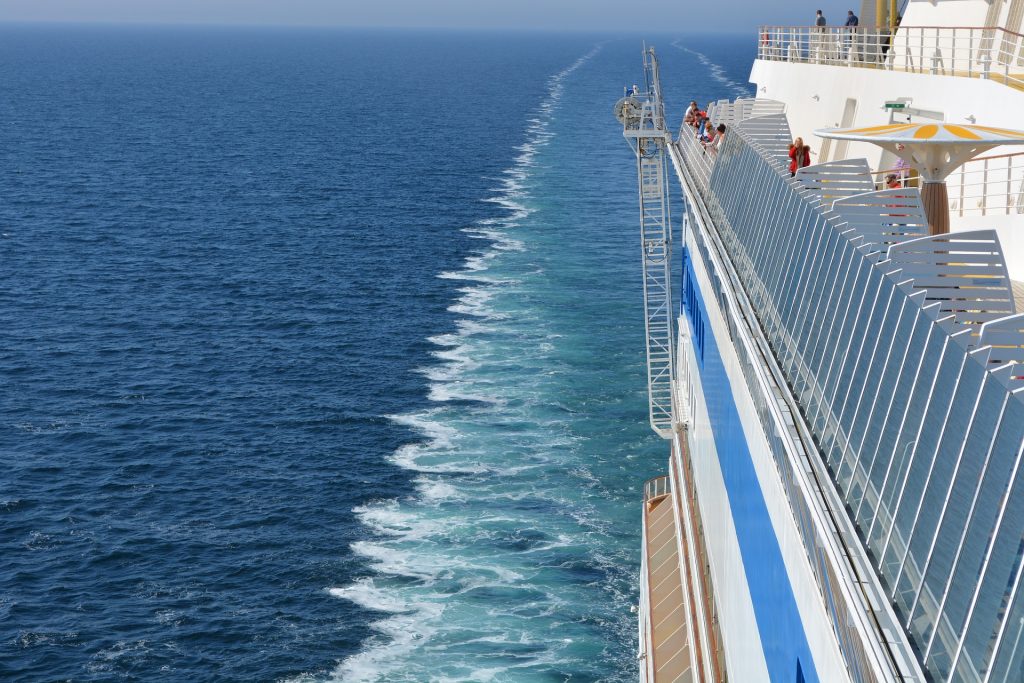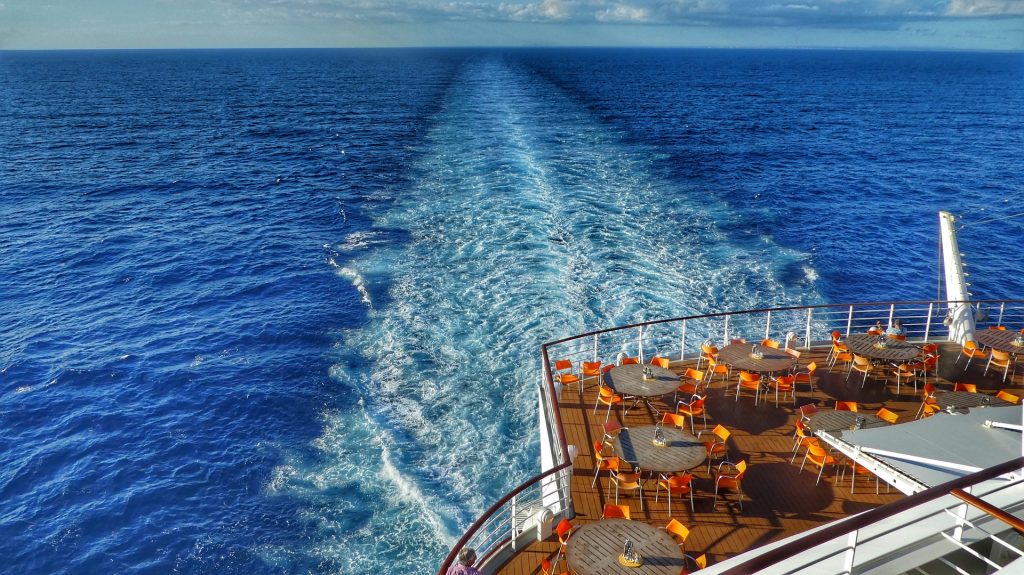Part of the issue is that few cruise lines have introduced a man-overboard system, which can identify falling individuals and have been on the market for over 10 years.
These systems are comprised of sensors that sound an alarm to crew members if somebody falls over the edge.
The trade organization, Cruise Lines International, says that a cruise ship is a safe form of travel.
About 26.7 million travelers embarked on cruises in 2017.
Cruise Lines International contends that cruise lines do everything they can to ensure the safety of travelers, however “neglectful” passenger conduct can lead to individuals falling overboard.
“The cause of man overboard incidents from cruise ships has been determined to be the unfortunate result of intentional or reckless acts,” a spokesperson for the association wrote in a statement .
“However, cruise lines continue to invest in the review and testing of Man Overboard detection systems, as well as training for crew.”
Cruise ships also added other safety precautions, like minimum rail heights, CCTV and structural barriers.
Royal Caribbean additionally referred to the man overboard systems in a 2016 press release, which noted, “While Royal Caribbean wants a superior method to recognize an individual falling overboard, to date, no man-overboard detection system has appeared to perform dependably enough for wide-scale implementation.
Notwithstanding, a few attorneys and cruise ship safety advocates blame the large cruise lines for downplaying the viability of man overboard detection systems so as to avoid the cost of adding them to their ships.
The companies that develop the systems and cruise ships that have added it has asserted that they are as much as 97% successful.
Cruise lines don’t appear to have much to gain by implementing these safety measures; cruises are not included on the U.S. Death on the High Seas Act, which means it is difficult for families to collect damages after a death.












